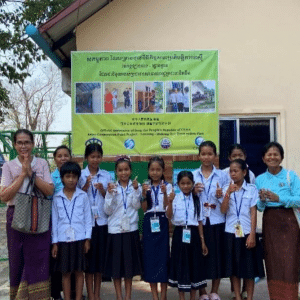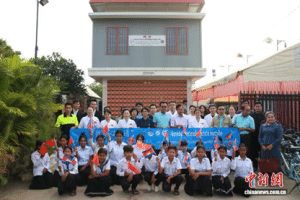The Social Organization Administration of the Ministry of Civil Affairs (MCA) held a symposium in Guiyang, Guizhou Province, on July 25, to summarize law enforcement activities of social organizations (NGOs) during the past few years, and to make instructions and arrangements for future work.
The Beijing Municipal Bureau of Civil Affairs (Beijing Bureau) was invited to introduce its successful cases, such as banning China Sinology University and all its 70 branches last April.
In the past five years the Beijing Bureau has banned or dismantled more than 270 illegal social organizations, many of which put geographically deceptive words in their names, such as “capital”, “China”, “national”, “world”, and “global”, or used these words fraudulently when carrying out illegal activities for illicit gain.
China Sinology University’s activities were particularly damaging. It was never a university approved by the Ministry of Education and illegally used “China” in its name. It misrepresented traditional culture and promoted pseudoscience, as well as selling counterfeit medicines and fake diplomas for more than a decade.
In order to improve detection, the Beijing Bureau has set up a special hotline and e-mail address to receive reports from the public, and dispatched law enforcement officers to regularly visit the CBD, Financial Street and other high-crime areas to search for clues.
A representative from the Beijing Bureau introduced their experience at the meeting, and emphasized the necessity of having clear law enforcement standards: “It is very useful to establish a list of elements for identifying illegal social organizations and a list to aid evidence collection.”
He also mentioned the elimination of illegal social organizations’ online activities. By the first half of this year, the Beijing Bureau had deleted 83 WeChat and Weibo accounts, 1,134 articles, and 263 audio and video recordings related to organizations identified as illegal.



